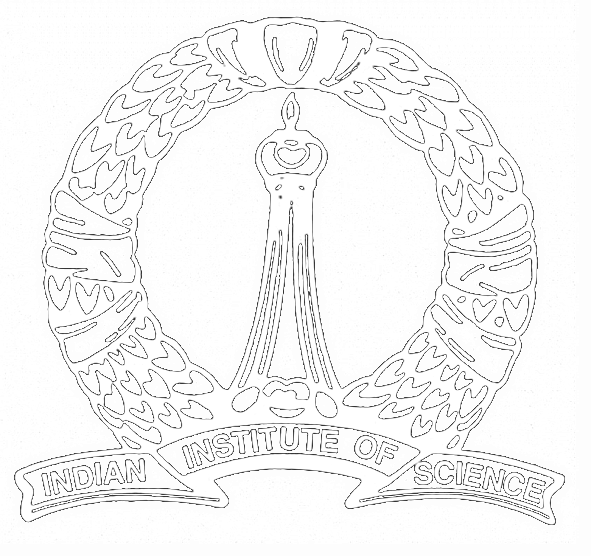Number Theory Seminar
Title: On Matsuda Monoids and Artin's Primitive Root Conjecture
Speaker: Sunil Naik (Queen's University, Canada)
Date: 05 May 2025
Time: 11 am
Venue: LH-1
The study of irreducible polynomials with restricted exponents in various polynomial rings has become the focus of considerable attention in recent years. This led Matsuda to introduce the notion of Matsuda monoids of type $p$ for a prime $p$. We say that $M$ is a Matsuda monoid of type $p$ if $M$ is a commutative, torsion-free, cancellative (additive) monoid and for each indivisible $a$ in $M$, the polynomial $X^a − 1$ is irreducible in the ring $F[X ; M]$ of polynomials with coefficients in a field $F$ of characteristic $p$ and exponents in $M$. Let $M$ be the additive submonoid of non-negative integers generated by 2 and 3. In a recent work, Christensen, Gipson, and Kulosman proved that $M$ is not a Matsuda monoid of type 2 and type 3, and they have raised the question of whether $M$ is a Matsuda monoid of type $p$ for any prime $p$. Assuming the generalized Riemann hypothesis (GRH), Daileda showed that $M$ is not a Matsuda monoid of any positive type. In this talk, we will discuss an unconditional proof of the above result using its connection with Artin’s primitive root conjecture.
- All seminars.
- Seminars for 2025
